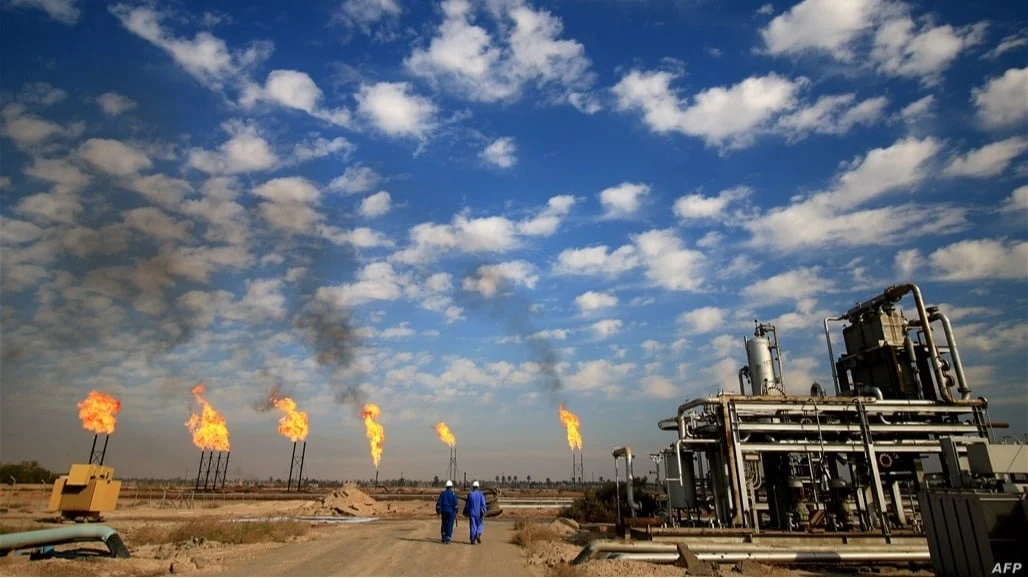Iraq oil prices continue to shift, with Basrah crude grades rising even as global oil prices stay mostly stable. This trend highlights how Iraq oil prices remain responsive to local demand and market factors, regardless of global calm.
Basrah Heavy crude climbed by $2.32, reaching $70.21 per barrel. At the same time, Basrah Medium crude saw the same rise, hitting $73.26 per barrel. This marks an increase of over 3%, making Iraq oil prices a notable exception to the quiet global market.
In contrast, international oil benchmarks stayed flat. Brent crude futures hovered around $73.14 per barrel. West Texas Intermediate (WTI) crude held at $72.33 per barrel. These steady levels underline the contrast seen in Iraq oil prices.
Several factors may explain the surge in Basrah crudes. Regional refinery demand might be pushing prices up. Also, shipping schedules and export deals can influence Iraq oil prices more quickly than global events.
Moreover, Iraq oil prices often respond to local production costs and output plans. If Iraq adjusts oil output or transport, it may shift Basrah prices even when global benchmarks remain stable. This flexibility keeps Iraq’s oil market more reactive to small changes.
The price jump in Basrah crudes also shows Iraq’s growing impact on global energy trade. While Brent and WTI serve as world standards, Basrah grades are gaining attention, especially in Asian markets. This strengthens Iraq’s position as a reliable oil supplier.
Additionally, Iraq oil prices may rise when future contracts and buying trends shift. Some buyers prefer Basrah Medium due to its balanced quality. That demand may give it a price edge, especially during times of high refinery activity.
Even when global oil prices rest, Iraq oil prices can tell a different story. This local increase helps boost national revenue and supports Iraq’s economy. Rising oil prices may also encourage more drilling and investment inside Iraq.
In the end, Iraq oil prices continue to move independently. The climb in Basrah Heavy and Medium crudes proves that local markets still matter in a globalized industry. Iraq’s oil sector will likely remain active and influential in the months ahead.


